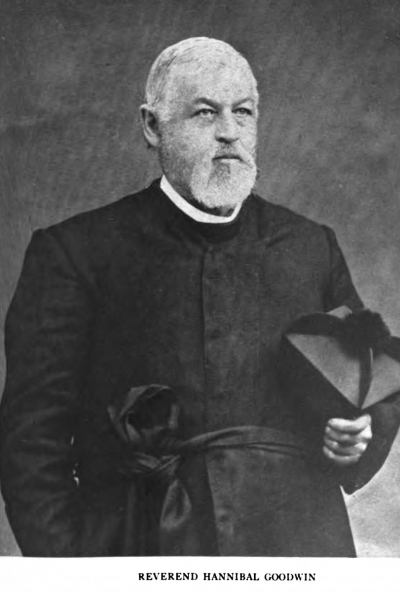Photographic film is a strip or sheet of transparent film base coated on one side with a gelatin emulsion containing microscopically small light-sensitive silver halide crystals. The sizes and other characteristics of the crystals determine the sensitivity, contrast, and resolution of the film.The emulsion will gradually darken if left exposed to light, but the process is too slow and incomplete to be of any practical use. Instead, a very short exposure to the image formed by a camera lens is used to produce only a very slight chemical change, proportional to the amount of light absorbed by each crystal. This creates an invisible latent image in the emulsion, which can be chemically developed into a visible photograph. In addition to visible light, all films are sensitive to ultraviolet light, X-rays, gamma rays, and high-energy particles. Unmodified silver halide crystals are sensitive only to the blue part of the visible spectrum, producing unnatural-looking renditions of some colored subjects. This problem was resolved with the discovery that certain dyes, called sensitizing dyes, when adsorbed onto the silver halide crystals made them respond to other colors as well. First orthochromatic (sensitive to blue and green) and finally panchromatic (sensitive to all visible colors) films were developed. Panchromatic film renders all colors in shades of gray approximately matching their subjective brightness. By similar techniques, special-purpose films can be made sensitive to the infrared (IR) region of the spectrum.In black-and-white photographic film, there is usually one layer of silver halide crystals. When the exposed silver halide grains are developed, the silver halide crystals are converted to metallic silver, which blocks light and appears as the black part of the film negative. Color film has at least three sensitive layers, incorporating different combinations of sensitizing dyes. Typically the blue-sensitive layer is on top, followed by a yellow filter layer to stop any remaining blue light from affecting the layers below. Next comes a green-and-blue sensitive layer, and a red-and-blue sensitive layer, which record the green and red images respectively. During development, the exposed silver halide crystals are converted to metallic silver, just as with black-and-white film. But in a color film, the by-products of the development reaction simultaneously combine with chemicals known as color couplers that are included either in the film itself or in the developer solution to form colored dyes. Because the by-products are created in direct proportion to the amount of exposure and development, the dye clouds formed are also in proportion to the exposure and development. Following development, the silver is converted back to silver halide crystals in the bleach step. It is removed from the film during the process of fixing the image on the film with a solution of ammonium thiosulfate or sodium thiosulfate (hypo or fixer). Fixing leaves behind only the formed color dyes, which combine to make up the colored visible image. Later color films, like Kodacolor II, have as many as 12 emulsion layers, with upwards of 20 different chemicals in each layer. Photographic film and film stock tend to be similar in composition and speed, but often not in other parameters such as frame size and length. Silver halide photographic paper is also similar to photographic film.
Hannibal Williston Goodwin (April 21, 1822 – December 31, 1900), patented a method for making transparent, flexible roll film out of nitrocellulose film base, which was used in Thomas Edison's Kinetoscope, an early machine for viewing motion pictures.

1898Sep, 13
Hannibal Goodwin patents celluloid photographic film.
Choose Another Date
Events on 1898
- 20Apr
Spanish-American War
President William McKinley signed a joint resolution to Congress for declaration of War against Spain, beginning the Spanish-American War. - 10Jun
United States Marine Corps
Spanish-American War: U.S. Marines land on the island of Cuba. - 3Jul
Battle of Santiago de Cuba
A Spanish squadron, led by Pascual Cervera y Topete, is defeated by an American squadron under William T. Sampson in the Battle of Santiago de Cuba. - 23Aug
Heroic Age of Antarctic Exploration
The Southern Cross Expedition, the first British venture of the Heroic Age of Antarctic Exploration, departs from London. - 13Sep
Photographic film
Hannibal Goodwin patents celluloid photographic film.

 English
English  español
español  français
français  português
português  русский
русский  العربية
العربية  简体中文
简体中文 